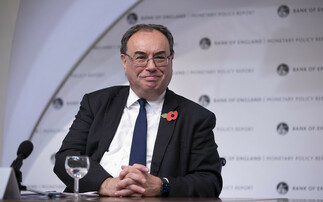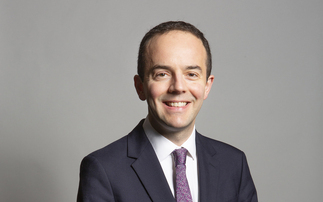Back in May, when markets began to accept that fact that the Federal Reserve was on a different rates path to what they were expecting, investors were confronted with the fact that while the chances of zero rate cuts in 2024 were not high, the fact that it wasn’t zero anymore was significant.
To continue reading this article...
Join Investment Week for free
Signup and gain exclusive members-only insights - all free of charge!
- Unlimited access to real-time news, analysis and opinion from the investment industry, including the Sustainable Hub covering fund news from the ESG space
- Get ahead of regulatory and technological changes affecting fund management
- Important and breaking news stories selected by the editors delivered straight to your inbox each day
- Weekly members-only newsletter with exclusive opinion pieces from leading industry experts
- Be the first to hear about our extensive events schedule and awards programmes










